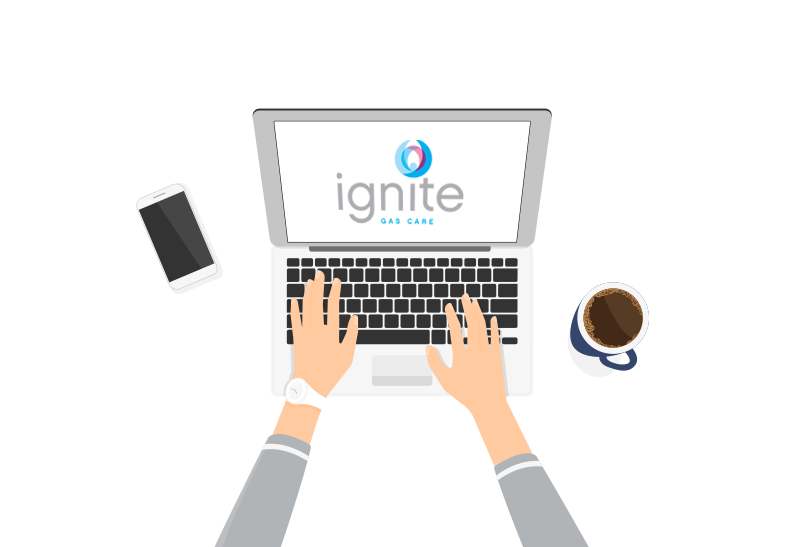As a landlord or letting agent acting on behalf of your landlords, you must understand the health risks associated with legionella.
As a landlord or letting agent acting on behalf of your landlords, you must understand the health risks associated with legionella.
As a landlord, or a person in control of the premises, you are responsible for health and safety and need to take the right precautions to reduce the risks of exposure to legionella.
Organisations, or self-employed individuals, who provide residential accommodation or who are responsible for the water system(s) in their premises, are responsible for ensuring that the risk of exposure to legionella in those premises is properly assessed and controlled. All water systems require an assessment of the risk which they can carry out themselves if they are competent, or employ somebody who is.
In most residential settings, a simple assessment may show that the risks are low and no further action may be necessary. (An example of a typical lower risk situation may be found in a small building (eg housing unit) with small domestic-type water systems, where daily water usage is inevitable and sufficient to turn over the entire system; where cold water is directly from a wholesome mains supply (no stored water tanks); where hot water is fed from instantaneous heaters or low volume water heaters (supplying outlets at 50°C); and where the only outlets are toilets and wash hand basins). If the assessment shows the risks are low and are being properly managed, no further action is needed but it is important to review the assessment regularly in case anything changes in the system.
Simple control measures can help control the risk of exposure to legionella such as:
Tenants should be advised of any control measures put in place that should be maintained eg not to adjust the temperature setting of the calorifier, to regularly clean showerheads and to inform the landlord if the hot water is not heating properly or there are any other problems with the system so that appropriate action can be taken. If there are difficulties gaining access to occupied housing units, appropriate checks can be made by carrying out inspections of the water system, for example, when undertaking mandatory visits such as gas safety checks or routine maintenance visits.
Where showers are installed, these have the means of creating and dispersing water droplets which may be inhaled causing a foreseeable risk of exposure to legionella. However, if used regularly (as in the majority of most domestic settings) the risks are reduced but in any case, tenants should be advised to regularly clean and disinfect showerheads. Instantaneous electric showers pose less of a risk as they are generally coldwater-fed and heat only small volumes of water during operation.
It is important that water is not allowed to stagnate within the water system and so there should be careful management of dwellings that are vacant for extended periods (eg student accommodation left empty over the summer vacation). As a general principle, outlets on hot and cold water systems should be used at least once a week to maintain a degree of water flow and minimise the chances if stagnation. To manage the risks during non-occupancy, consideration should be given to implementing a suitable flushing regime or other measures such as draining the system if it is to remain vacant for long periods.
Carrying out a risk assessment is your responsibility. You may be competent to carry out the assessment yourself but if not here at Ignite Gas Care we have a team of qualified engineers to assist you with your legionnaires risk assessment. Please complete the form below or call us on 0800 433 2320 for help and advice or to arrange your assessment.
